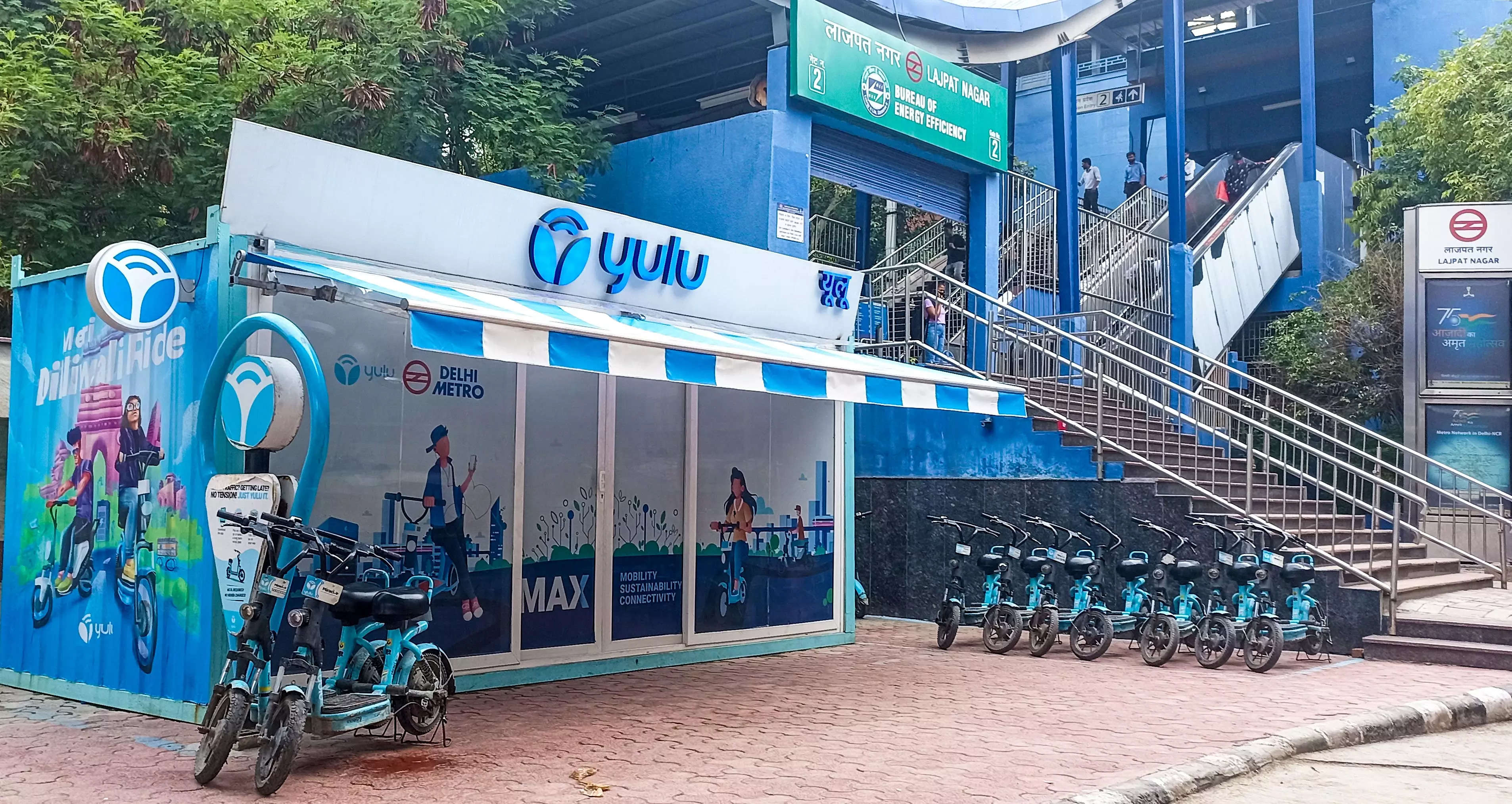
Mumbai:
As the mobility industry evolves, automotive industry stakeholders adopt new strategies to tap emerging opportunities. Magna’s USD 77 million investment in Indian micro mobility service provider Yulu, the global Tier one’s second major investment in the mobility space, and Bajaj Auto’s fresh investment of USD 5 million are among the latest examples.Magna’s USD 77 million investment is divided between USD 52 million for Yulu’s Battery as a Service (BaaS) business, and USD $25 million for its mobility vertical. These investments are part of the global major’s focus on new sustainable growth strategies under Seetarama Kotagiri, who was appointed Magna’s CEO last year. Starting with Yulu’s home market, India, the plan is to expand the business globally.
Matteo Del Sorbo, Executive Vice President, Magna International and Global Lead for Magna New Mobility, told ETAuto, “Our growth strategy is to bring both the battery service and the mobility business to all the major cities in India and to markets outside India.”
Magna plans to tap its global network of operations in nearly 400 places around the world to facilitate Yulu’s international expansion. “We have no manufacturing ambition, but Magna will help us a lot in new market expansion as well as in manufacturing, Amit Gupta, co-founder and CEO, Yulu, told ETAuto.
Yulu will carve out its BaaS vertical to create a separate entity with Magna. Its swapping and charging systems will be manufactured by Magna. “It will play a valuable role in our portfolio, just like Bajaj Auto does,” Gupta said.
Yulu’s shared mobility business generates around INR 50 crore a year. Its BaaS vertical is currently a captive business.
Bajaj Auto, Yulu’s first major investor, also participated in the Series B funding which helped the mobility service provider raise a total of USD 82 million (INR 653 crore). Total investment by the two-wheeler major in Yulu now stands at around USD 17 million.
Bajaj Auto develops new 2W
The fleet expansion will also see the first product developed by Bajaj Auto for Yulu. “Bajaj R&D team took the lead, and we gave all inputs, because Bajaj Auto knows how to make a great two-wheeler, and we knew what it needs to make a shared mobility vehicle,” Gupta said. The product is undergoing the mandatory tests, and is expected to be launched by December.
As part of the arrangement, Bajaj Auto will also manufacture the EV. While that product gets ready, Yulu plans to add a product called Dex, designed for last mile delivery, by the beginning of October.
With these business and product developments, Yulu plans to take its first step for international expansion in a year. Southeast Asia, Africa, and Latin America are the target markets. “They’re underserved from a mobility perspective. They all need feeder and affordable mobility where the Yulu type of business, with small form factor running in a shared manner, ticks all the boxes, Gupta said.
Entry into these markets is likely to be made through Bajaj Auto’s distributor partners, some of whom are interested in electric vehicles and shared mobility. “Operationally also, they are well equipped and capable to run this business in their country,” he said.
With these plans in the pipeline, Yulu’s immediate focus is to strengthen its foothold in Bengaluru, Delhi, Mumbai, and expand into the rest of the top 10 cities in India. With this expansion, Magna will also build its presence in its new business sectors of electric two-wheelers and battery swapping.
The USD 36.2 billion Canadian MNC says its entry into one of the fastest growing markets for an electrified two-wheel mobility platform aligns with its core competencies and Go-Forward strategy to expand in Mobility-as-a-Service (MaaS) and Battery-as-a-Service (BaaS) businesses.
For Yulu, with the new funds, it plans to strengthen its leadership position through product and technology innovation, and to increase its fleet to more than 1 lakh electric 2-wheelers along with 500-plus battery charging and swapping stations in the next 12 months.
It already has a fleet of 10,000 electric two-wheelers, and 75 charging and swapping stations in Bengaluru, Delhi, and Mumbai. The 5-year old startup expects to be EBITDA positive by the end of this financial year.
Also Read:















